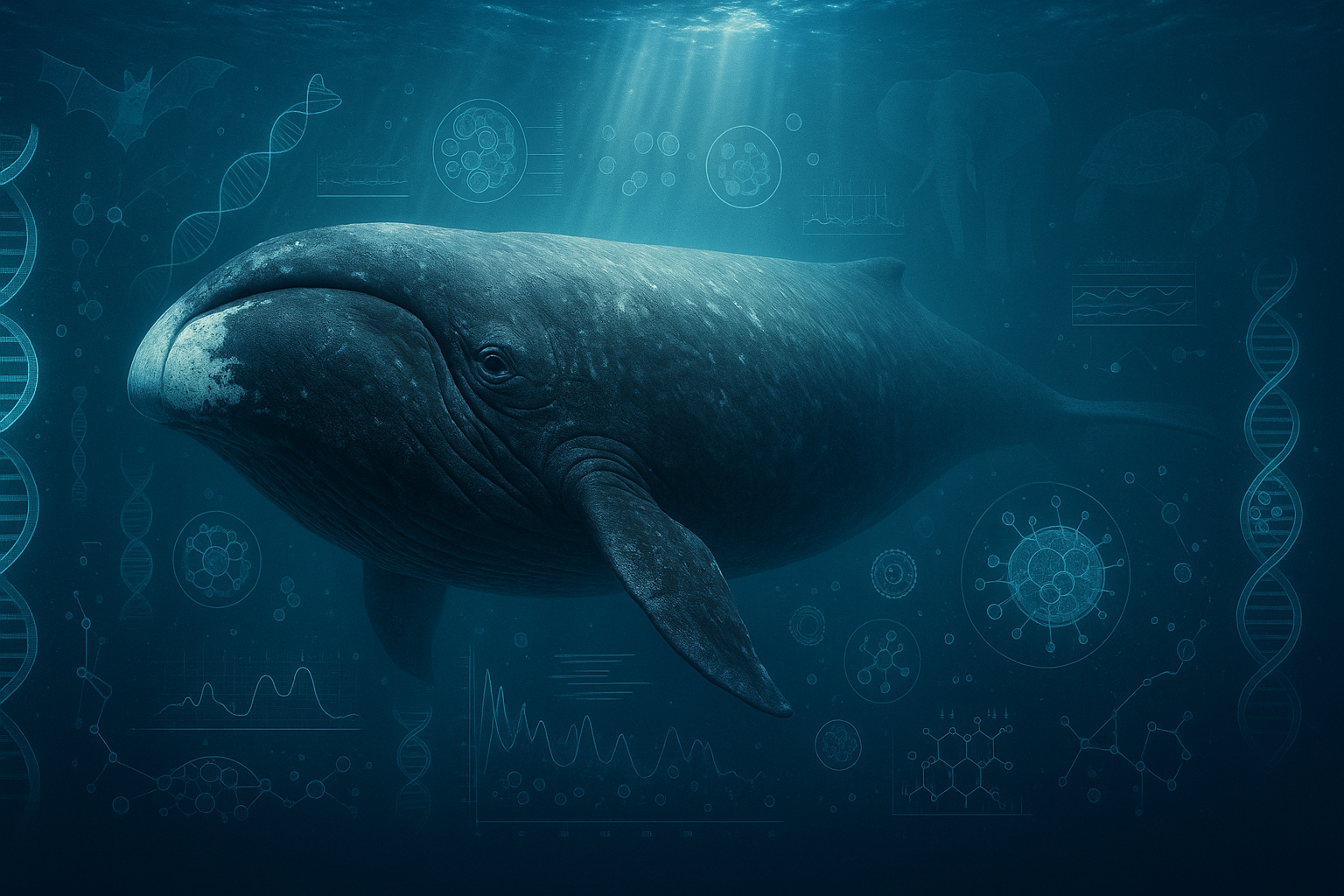The quest for longevity has led researchers to study various animals, from bats to elephants, in search of clues to an expansive lifespan. Recently, scientists have made a groundbreaking discovery about the bowhead whale, which can live for over 200 years. This move reflects broader industry trends in ageing research, where scientists are exploring unconventional models to understand the secrets of longevity.
At the heart of the bowhead whale’s remarkable longevity is a highly effective DNA-repair protein. According to Zhiyong Mao, a molecular biologist at Tongji University in Shanghai, China, “tackling DNA repair to improve genome stability is a very effective strategy to confer this extreme longevity.” This protein, which is activated in cold temperatures, helps repair broken DNA, a key factor in the whale’s ability to endure for centuries without succumbing to cancer or other age-related diseases.
Studying the bowhead whale is no easy task, given its massive size and endangered status. However, each autumn, Iñupiaq Inuit villages in northern Alaska are allowed to hunt bowhead whales, and researchers collect tissue samples from these hunts. Vera Gorbunova, a biologist at the University of Rochester in New York, and her team have been studying these samples to understand the secrets of the bowhead whale’s longevity.
The discovery of the DNA-repair protein in bowhead whales has significant implications for human ageing research. When the whale protein was expressed in human cells, their ability to repair DNA improved. This finding, published on October 29 in Nature, could shed light on ways to help humans live longer. As scientists continue to study the bowhead whale and other long-lived animals, they may uncover new strategies for promoting healthy ageing and increasing human lifespan.
